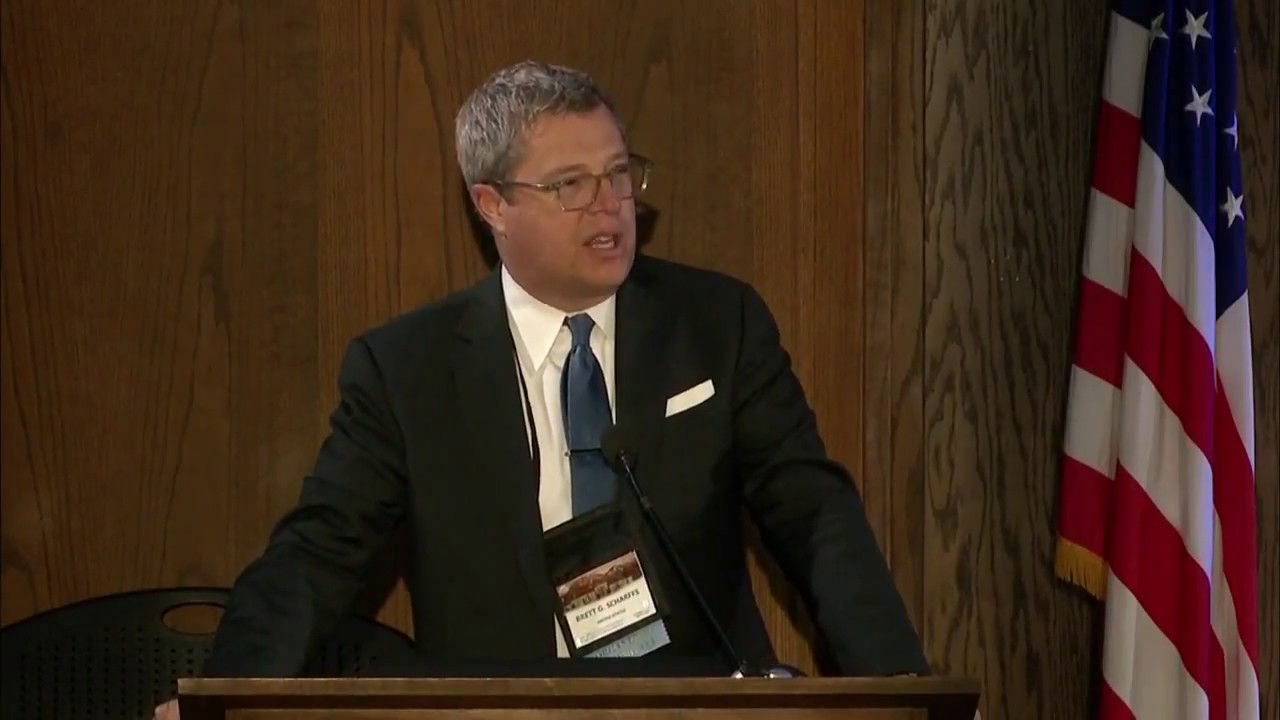Tag: law
-
Ján Figeľ and András Sajó open the 24th Annual International Law and Religion Symposium
The video recording of the Symposium Two distinguished Keynote speakers addressed participants from around the world assembled for the opening session of the 24th Annual International Law and Religion Symposium. In addition to an address by Ján Figeľ, Special Envoy for the Promotion of Freedom of religion or Belief Outside the European Union, those assembled…
-
Ján Figeľ’s speech at the 23rd Annual International Law and Religion Symposium at BYU
EUROPEAN UNION AND FoRB: A NEW MOMENTUM Excellencies, Ladies and Gentlemen, It is with a great pleasure to be here today. Our symposium is an excellent opportunity to discuss the changing nature of religious rights under international law, as well as recent political development on both sides of Atlantic with regard to the protection of…

